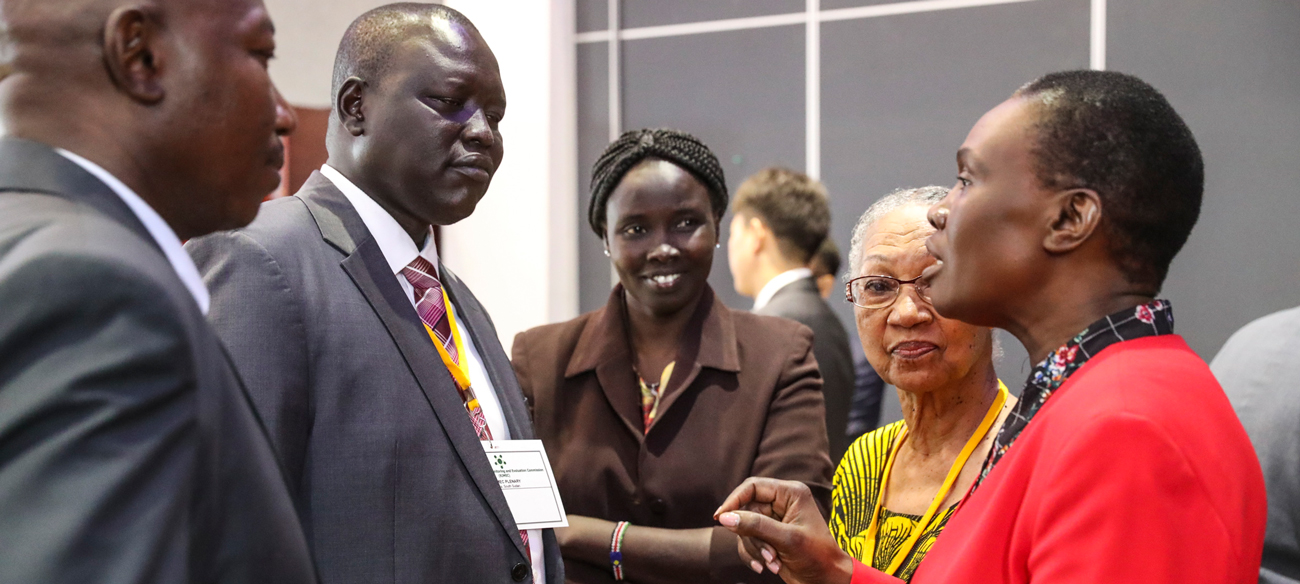Inclusion and State Legitimacy
Peace and political transition processes are often intended to resolve serious crises of legitimacy, in which prior assumptions about who has the right to govern, and on what basis, are brought into question.
Legitimacy is an important feature of contemporary state-building. International frameworks emphasise the need to create legitimate politics as part of building stable states and peaceful societies. But there are open questions about how to achieve the goal of more legitimate domestic governance. Which constituencies matter for evaluating a state’s legitimacy? Are more democratic states necessarily more legitimate states? What is the relationship between inclusion and legitimacy?
This research project explored how to achieve the goal of more legitimate domestic governance, and how to create legitimate politics as part of building stable states and peaceful societies. It focused on the relationship between broader inclusion in peace and political negotiations and the legitimacy of those negotiations among a variety of population groups.
Methodology
In collaboration with Fletcher School of Law and Diplomacy at Tufts University in Boston, we used the Broadening Participation Project dataset to investigate the relevance of inclusion for legitimacy in complex multi-stakeholder negotiations within the context of overall peace and political transition processes. This research project on inclusion and state legitimacy was part of a larger project on State Legitimacy conducted at the Fletcher School.
Key Findings
- When it comes to complex multi-stakeholder negotiation processes, legitimacy is the most frequently identified rationale for broadening inclusion by those in power as well as those challenging these powers. Inclusion is often initiated with the expectation that it will increase the legitimacy of actors, the overall process, or both.
- How inclusion is operationalised in the process design of multi-stakeholder negotiations influences whether it will deliver legitimacy, and to whom.
- Whether or not a regime is in crisis is a major factor influencing whether inclusion will be initiated by relevant actors for the purpose of enhancing legitimacy.
Briefing Note,
The Role of Legitimacy in the Governance of Fragile States: Preliminary Findings on Legitimacy and Inclusion
This briefing note presents insights on inclusion and state legitimacy. It draws upon the Broadening Participation Project to study the relationship between broader inclusion in peace negotiations and negotiation processes’ legitimacy.
June 2016IPTI, HIS,


